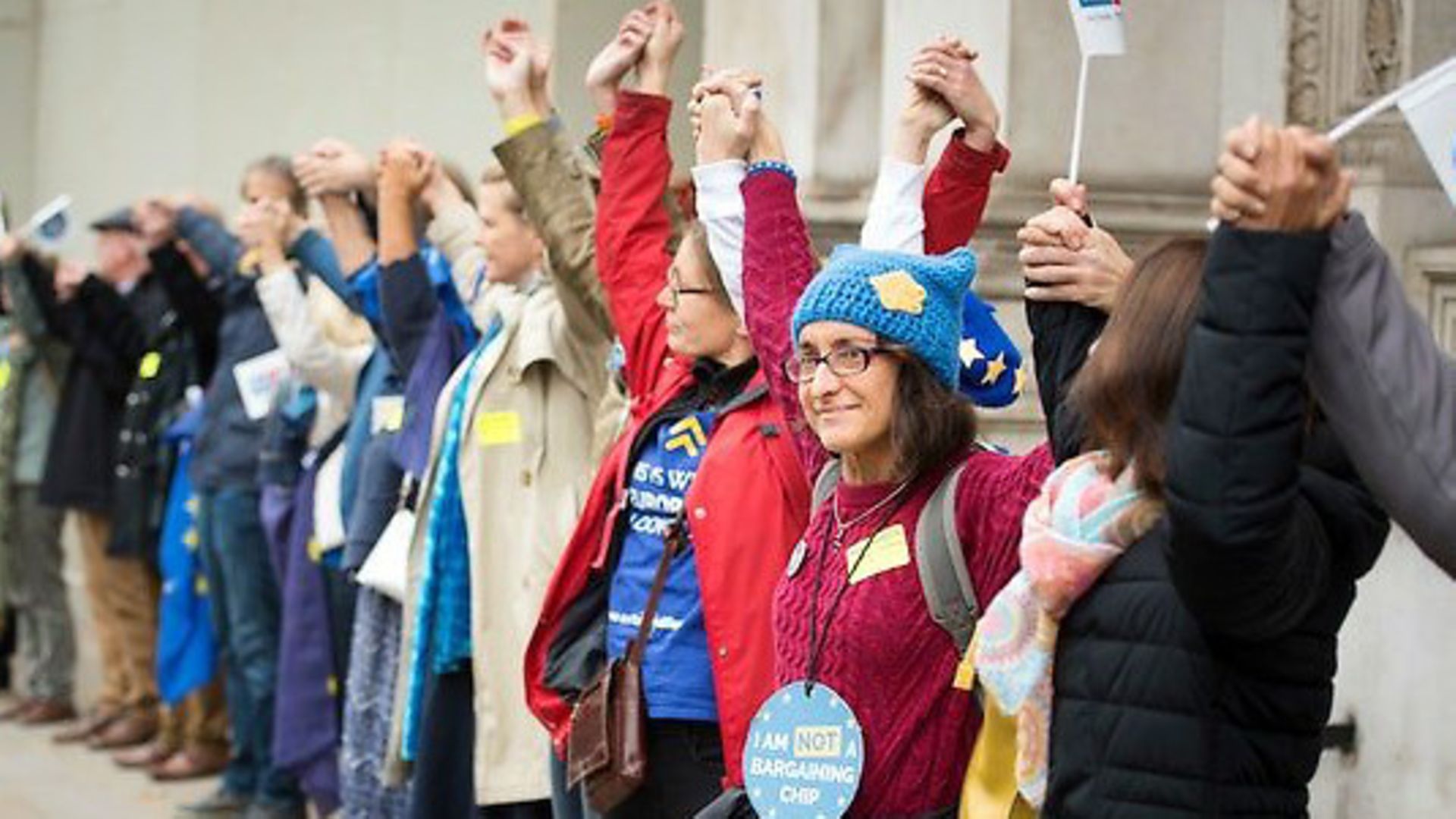
The #DeniedMyVote judicial review continues in the Courts. JOHN HALFORD, lead solicitor on the case, explains why all those committed to democracy should consider backing it.
May 2019 had a very different feel to it than this May does. The news was filled not with the latest COVID-19 mortality statistics and Dominic Cummings’ creative childcare arrangements, but with the latest twists and turns of the Brexit negotiations and parliament’s unresolved disagreements over the draft Withdrawal Agreement.
In the midst of all of this, the #DeniedMyVote scandal was a headline-grabbing surprise for many. Despite being registered to vote here and, in many cases, resident for decades, EU citizens were turned away from polling stations in large numbers and told they could not vote in the European Parliament elections. Many had completed special forms to certify the rather obvious fact that they intended to vote here but were told the forms had been lost or not processed in time. Other EU citizens had not heard of them. Completion at polling stations was not allowed. Worse still, some EU citizens were told that they ought to go away and vote in their ‘own countries’. Meanwhile, their British neighbours were permitted to vote unhindered. Many British citizens did face difficulty, however, if they attempted to vote here by post from abroad: significant numbers of ballot papers were either not sent out in the first place or lost when they were returned.
The disenfranchised EU citizens and their British counterparts had two other things in common. First, all of them were legally entitled to vote either in the EU country where they were resident or in the country of which they were nationals. Secondly, organisations representing them had been raising concerns for some time because serious disenfranchisement problems had already arisen back in 2014.
What happened in 2014 had prompted the government to acknowledge that the UK’s byzantine voting procedures were leading to significant numbers of people being prevented from voting and give assurances to the EU Commission there would be reforms before the 2019 Elections.
Have your say
Send your letters for publication to The New European by emailing letters@theneweuropean.co.uk and pick up an edition each Thursday for more comment and analysis. Find your nearest stockist here or subscribe to a print or digital edition for just £13. You can also join our readers' Facebook group to keep the discussion and debate going with thousands of fellow pro-Europeans.
But these promises were, it seems, quietly abandoned in the immediate aftermath of the 2016 referendum. The government simply assumed that the 2019 European Parliament elections would not be taking place. The unreliability of that assumption should have been plain when the draft Withdrawal Agreement was first rejected by parliament in January 2019. Contingency planning for the 2019 European Parliament Elections should have begun long before then. But nothing was done to revive proposals for reforming the defective system. Worse still, the Government decided not to confirm that the 2019 European Parliament Elections would be taking place until 7 May – the very same day when EU citizens were legally required to return their special forms confirming they intended to vote here.
How many were affected? An Electoral Commission report into what happened suggests that there were well over a million who had registered to vote but did not exercise their rights. Local authority officers have recorded thousands of these people attempting to vote unsuccessfully. In short, #DeniedMyVote was the biggest electoral disenfranchisement in the UK in recent history, possibly ever.
What is happening now, a year on, and why does it matter?
First, EU citizens’ campaigning organisation the3million and six representative disenfranchised EU citizens have bravely taken on the Government in a judicial review that seeks a clear Court ruling on the legality of what happened. That is necessary because, incredibly, the government maintains that the 2019 Elections were satisfactory and it was not responsible for anyone being disenfranchised. If the case succeeds, it will show just how wrong and misplaced this complacent attitude is in a democracy.
Looking forward, the case is hugely important to EU citizens here in the UK at this critical time for broader reasons: if they can be stripped of the right to vote, despite it being embedded in law, what other rights might be taken away by the same means?
But the case is one which everyone committed to democracy should care about. Minorities are an easy target for disenfranchising action by governments. Once their rights are taken away without challenge, it is not long before everyone’s are threatened. The COVID-19 pandemic has understandably led our government to ask for our trust now more than any other time in a generation. That makes democratic accountability more important now than at any other time.
the3million’s judicial review claim is scheduled to be heard later this year. Right now, however the3million is urgently raising funds to enable that hearing to take place. Please consider making a contribution so they can fight for democracy – not only for EU citizens, but for all of us.









